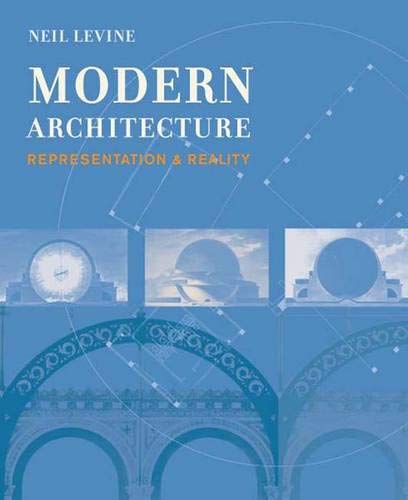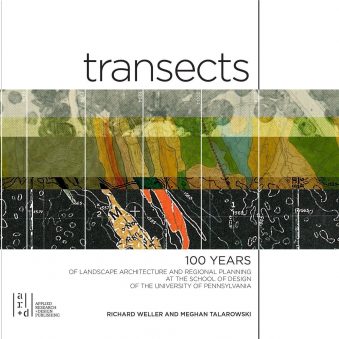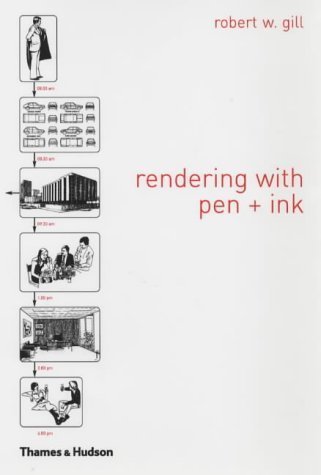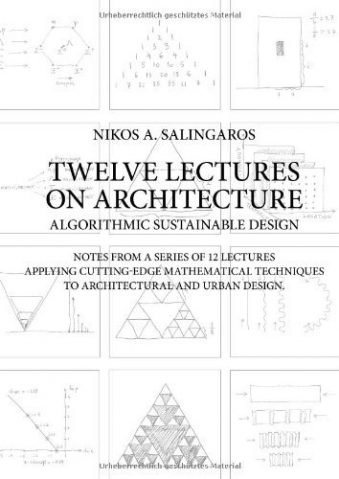- Empty cart.
- Continue Shopping
Modern Architecture – Representation and Reality
₹2,600.00
- By
- Hardcover: 432 pages
- Publisher: Yale University Press (9 April 2010)
- Language: English
- ISBN-10: 0300145675
- ISBN-13: 978-0300145670
- Product Dimensions: 23.5 x 3.2 x 27.9 cm
1 in stock
In this handsome book, esteemed architectural historian Neil Levine investigates for the first time the complex history of representation – the use and meaning of architectural signifiers – from the 18th to the 20th century. Using the lens of a continuous theoretical argument, Levine provides a detailed survey and critical analysis of major works by a host of modern architects, including Etienne-Louis Boullee, Nicholas Hawksmoor, Louis Kahn, Henri Labrouste, Augustus Welby Pugin, Karl Friedrich Schinkel, John Soane, Louis Sullivan, Mies van der Rohe, Eugene Viollet-le-Duc, and Frank Lloyd Wright. Levine posits that all modern architects, much like visual artists, have had to grapple with issues of representation in their work. Interweaving influential examples from outside the scope of modern architecture, Levine traces the history of representation in architecture, and in writings on architecture, both within each architect’s oeuvre and throughout the centuries discussed. The book features previously unpublished images, many created for this publication, and it addresses a variety of specific cases while offering an original and panoramic view of the history of architecture. Beautifully written and quite accessible, Modern Architecture is destined to become a classic.
About the Author
Neil Levine is the Emmet Blakeney Gleason Professor of History of Art and Architecture at Harvard University. He is the author of numerous books on architecture, including The Architecture of Frank Lloyd Wright.











